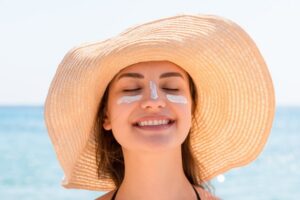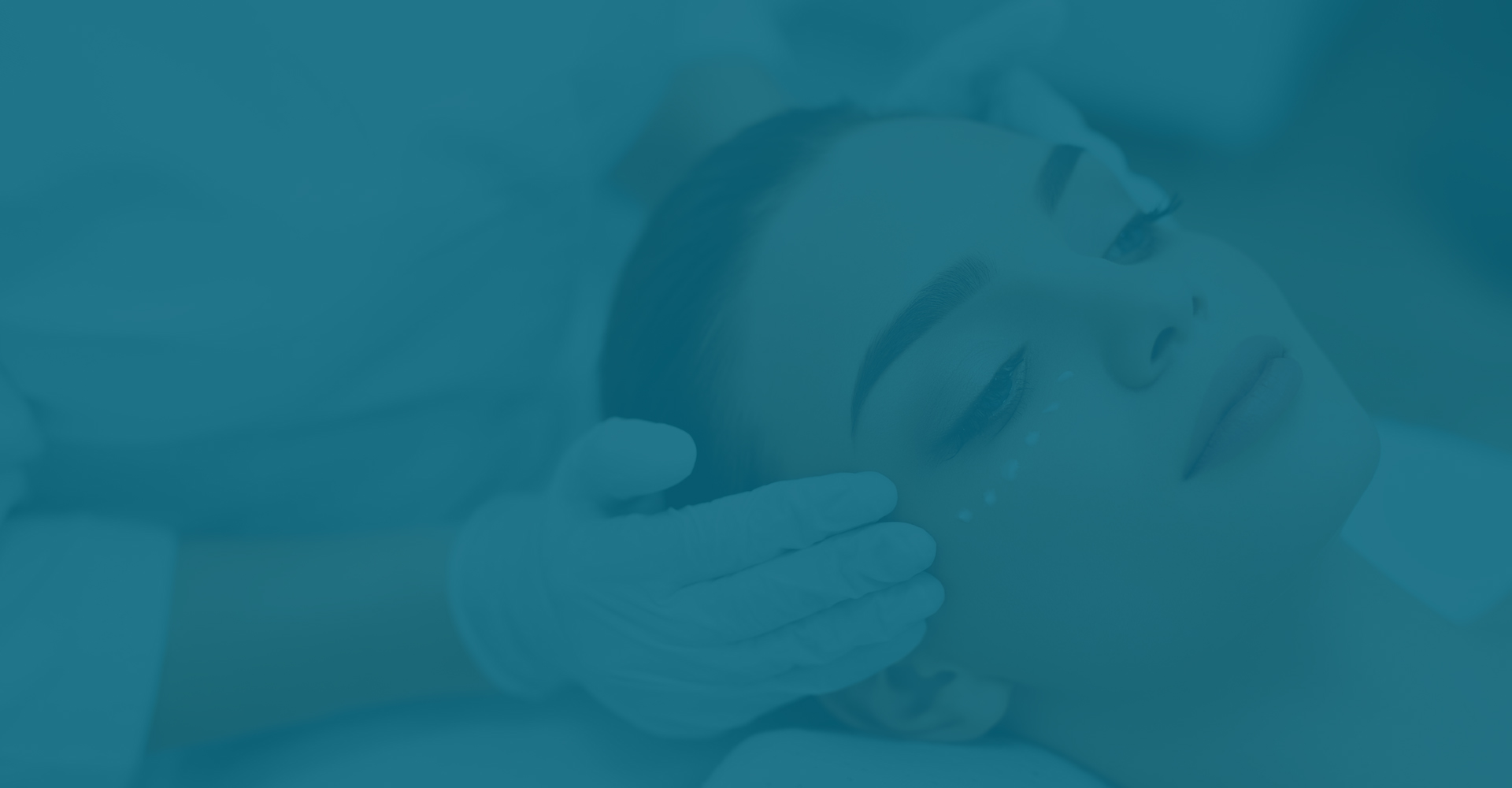17 Nov Ways to protect your skin from the effects of air pollution
 In our bustling urban environments, pollution has become an inevitable part of our daily lives. From harmful airborne particles to environmental toxins, our skin is constantly exposed to elements that can accelerate ageing, trigger inflammation, and contribute to various skin issues. To combat the adverse effects of pollution on your skin, Dr Lipy Gupta, a renowned dermatologist, shares her expert insights on creating a pollution-proof skincare routine.
In our bustling urban environments, pollution has become an inevitable part of our daily lives. From harmful airborne particles to environmental toxins, our skin is constantly exposed to elements that can accelerate ageing, trigger inflammation, and contribute to various skin issues. To combat the adverse effects of pollution on your skin, Dr Lipy Gupta, a renowned dermatologist, shares her expert insights on creating a pollution-proof skincare routine.
Understanding the Impact of Pollution on Skin:
Before delving into effective skincare strategies, it’s crucial to understand how pollution affects the skin. Airborne pollutants, such as particulate matter, ozone, and heavy metals, can penetrate the skin, leading to oxidative stress, inflammation, and collagen breakdown. These factors contribute to premature aging, acne, and other skin disorders.
Dr. Lipy Gupta’s Pollution-Proof Skincare Routine:
- Double Cleansing: Pollution particles can adhere to the skin’s surface, clogging pores and causing inflammation. Dr. Gupta recommends starting your skincare routine with a gentle cleanser to remove surface impurities, followed by a deeper cleansing step to eliminate residual pollutants. Look for cleansers with antioxidants like vitamin C or E to neutralize free radicals.
- Antioxidant-rich Serums: Incorporating antioxidants into your skincare routine is crucial for combating the oxidative stress caused by pollution. Dr. Lipy Gupta suggests using serums containing antioxidants like vitamin C, niacinamide, or green tea extract. These ingredients help neutralize free radicals, repair damaged skin cells, and promote a more youthful complexion.
- Protective Barrier: Pollution can compromise the skin’s natural barrier function. Dr. Gupta emphasizes the importance of using a moisturizer with ingredients like ceramides and hyaluronic acid to strengthen the skin’s protective barrier. This helps prevent pollutants from penetrating deeply and causing long-term damage.
- Sunscreen as a Shield: UV rays and pollution often go hand in hand in urban settings. Dr. Lipy Gupta advises using a broad-spectrum sunscreen with at least SPF 30 daily. Look for formulations that provide protection against both UVA and UVB rays while also offering a barrier against environmental pollutants.
- Detoxifying Masks: Regular use of detoxifying masks can help draw out impurities and pollutants from the skin. Dr. Gupta recommends masks containing ingredients like activated charcoal, clay, or salicylic acid to unclog pores and purify the skin.
- Hydration is Key: Keeping the skin well-hydrated is essential for maintaining its resilience against pollution. Dr. Lipy Gupta suggests using a hydrating moisturizer and drinking plenty of water to ensure the skin stays plump and healthy.
- Nighttime Repair with Retinoids: Incorporating retinoids into your nighttime routine can aid in repairing and rejuvenating the skin. Dr. Gupta recommends retinoid-containing products to stimulate collagen production, reduce fine lines, and counteract the effects of pollution-induced damage.
In the battle against pollution, a well-rounded skincare routine is your best defense. Following Dr. Lipy Gupta’s expert advice on double cleansing, antioxidant-rich serums, protective barriers, sunscreen application, detoxifying masks, hydration, and nighttime repair with retinoids will help fortify your skin against the harmful effects of pollution. By adopting these practices, you can ensure that your skin remains resilient, radiant, and protected in the face of urban challenges.


Sorry, the comment form is closed at this time.